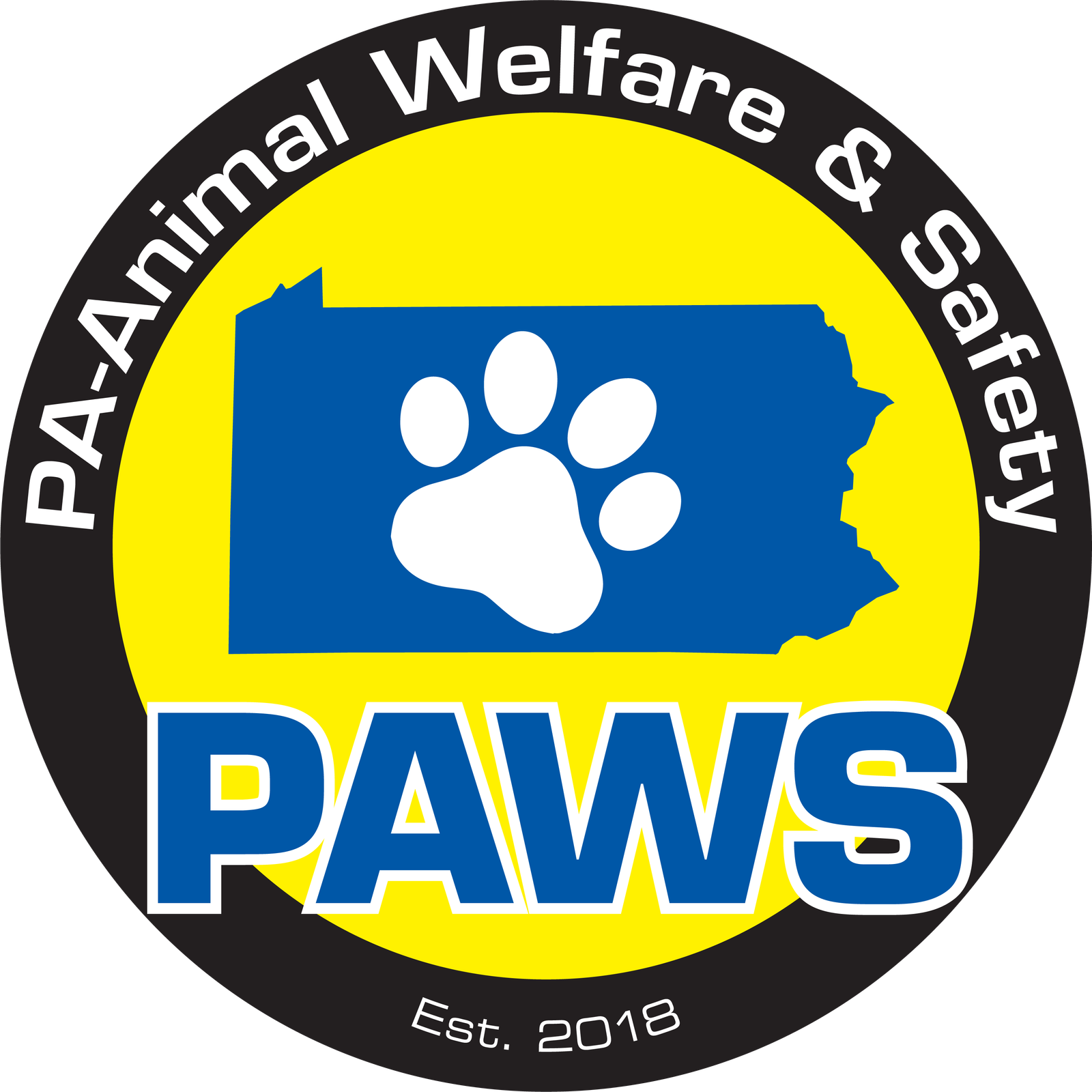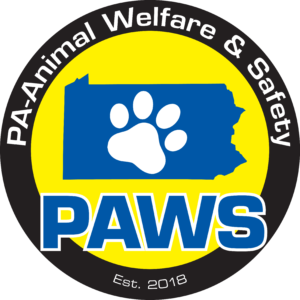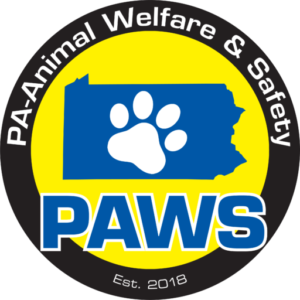It is very important that every puppy gets colostrum milk as soon as possible. Make sure every puppy is latched on for at least 20-30 min and if it is a large litter remove the larger puppies for a few hours to allow the smaller puppies to nurse. Consider giving the smaller puppies a pea size amount of A.S.A.P. paste or recovery gel.
Exercise the female to make sure no puppies are stuck in the birth canal. Movement can dislodge a stuck puppy which otherwise would lead to the female’s death.
If puppies are uneasy and squeaking, they are either cold, hungry, or the female’s milk is acidic. If puppies are pushed out of the nest and laying to the side give them immediate attention. There is a large chance that they are dehydrated already and their chance of survival is very slim. Immediately get them to a warm area that is at least 95 degrees and get fluid in them. Goat milk or puppy milk replacer can help but injecting fluids under the skin (lactating ringers is an option, consult with your vet) is beneficial and gives the puppy a better chance at survival.
For large litters you should switch the puppies out every 3 hours. If one of the puppies is smaller, you should keep him with the female all the time.
When the pups are four weeks of age you can start feeding puppy food soaked in hot water. That will get them started on solid food. Mixing in canned dog food and Dyne can help add calories and boost their energy.
Weaning around 5-7 weeks is recommended depending on breeds. Large breeds can be weaned earlier than small breeds. Toy and teacup breeds may take longer. If there are smaller puppies in the litter remove the larger ones first and let the smaller ones with the female for a few more days. A word of caution, when weaning puppies, switch them back and forth a few times in twelve hour intervals. This will help slow the milk production and help prevent mastitis in the female.
Deworming Schedule
At 14 days of age start with Pyrantel, this primarily treats for round worms. Repeat at 28 days of age
At 5 weeks of age treat with liquid safeguard wormer (10% suspension) goat wormer for 5 days in a row.
Vaccine Schedule**
5-6 weeks give either a Neopar or 5 way distemper
7-8 weeks Repeat with another 5 way distemper
12 weeks repeat with a 5 way distemper.
Consider vaccinating mom at the same time with the same vaccines. Also update the moms rabies vaccination when your vet checks the puppies.
**This is just a suggestion. We are not prescribing any vaccines, merely laying out what a vaccines schedule could look like, ask your veterinarian for his recommendation.







